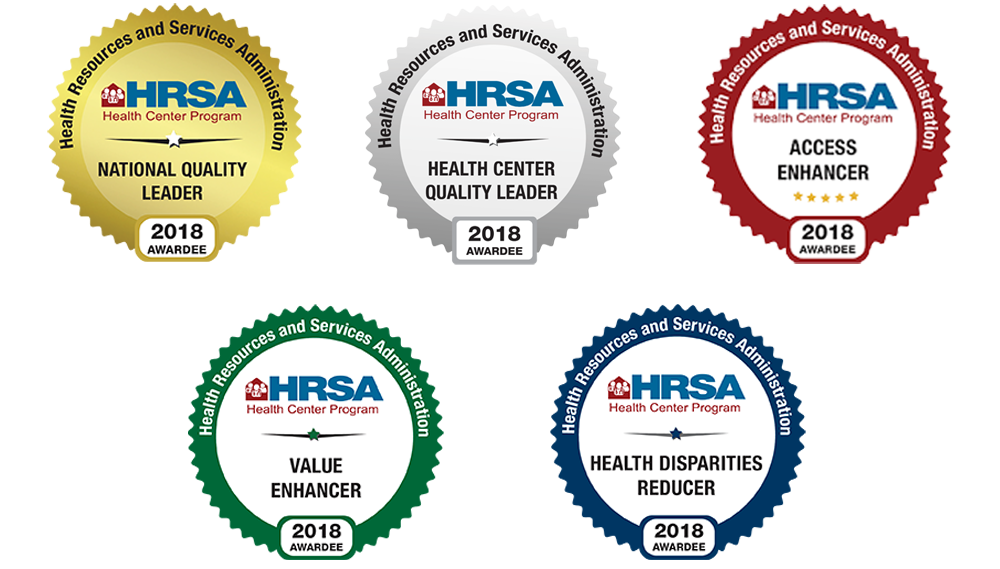Colds are a very common medical condition. There are over two hundred viruses that can cause the common cold. The viruses are easily transmitted from person to person. Coughing, sneezing, a sore throat, and a runny nose are typical cold symptoms. There is no cure for the common cold. Symptoms may be relieved with rest, over-the-counter medications, and by drinking plenty of fluids.
Anatomy
A cold virus can affect your upper respiratory system. Your upper respiratory system includes your ears, nose, and throat. A mucus membrane lines your nose and secretes mucus that filters germs and dust when you breathe. Your sinuses are behind your nose and in the bones of your head and face. Sinuses are filled with air and are also lined with a mucus membrane.
Causes
Colds are very common. A cold is contagious; meaning it can pass from one person to another. A cold develops when a cold virus comes in contact with the lining inside of the nose. The cold virus multiplies in the warm moist environment. In turn, your body produces white blood cells to fight the cold virus. Not only do white blood cells combat the virus, but they also cause the symptoms of a cold.
The cold virus can spread from person to person. When a person sneezes or coughs, mucus drops containing the virus float in the air. You can catch a cold by breathing in the virus. However, colds are most frequently transmitted by hand to hand contact or by touching a surface that the virus is on and then touching your nose or eyes.
Symptoms
A runny nose, nasal congestion, and sneezing are classic symptoms of the common cold. Colds can cause coughing, headache, sinus congestion, and a sore throat. A common cold usually lasts from seven to ten days.
Diagnosis
You usually do not need to contact a doctor if your cold symptoms are mild to moderate. If you experience severe symptoms or if your cold lasts a long time, you should contact your doctor. Your doctor will examine your ears, nose, and throat and determine if your symptoms are the result of other conditions.
Treatment
There is no cure for the common cold. You should drink plenty of fluids and get plenty of rest. You can ease your symptoms with over-the-counter cold medications. Prescription antibiotic medications do not work on cold viruses.
Prevention
You can prevent colds with thorough frequent hand washing. Avoid touching your eyes or nose when you are around people that have colds. Disinfect shared surfaces, such as telephones, keyboards, counter tops, doorknobs, and faucet handles. Use disposable paper towels instead of shared fabric hand towels. Wear gloves during the winter and when on public transportation.
Complications
You should contact your doctor if your cold symptoms do not improve after seven to ten days. One exception is a dry cough which may last up to a month after symptoms begin. You should contact your doctor if you experience difficulty breathing or severe symptoms. The elderly and people with serious medical conditions may need to be monitored by their doctors if they get a cold.
Am I at Risk
Certain situations may place you at a higher risk for contracting a cold. Essentially, the more people you are around the more likely you are to catch a cold. Being near people with colds that cough, sneeze, and blow their noses increases your risk. Cold incidences increase during the winter months or rainy season when people spend more time indoors. You are at a higher risk of contracting colds if you touch public items, such as grocery carts, office phones, keyboards, and bus or subway railings. Shaking hands with a person that has a cold increases your risk of catching a cold.



